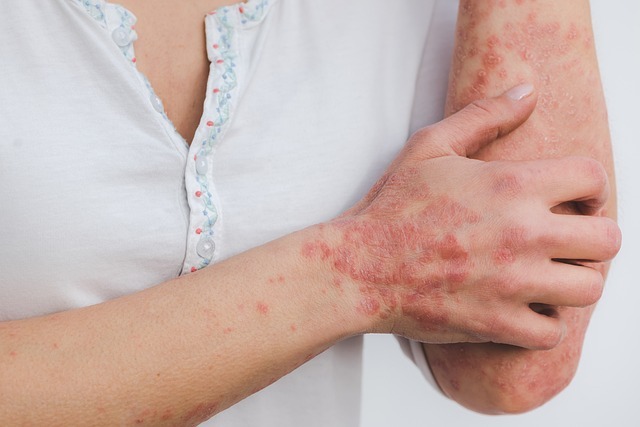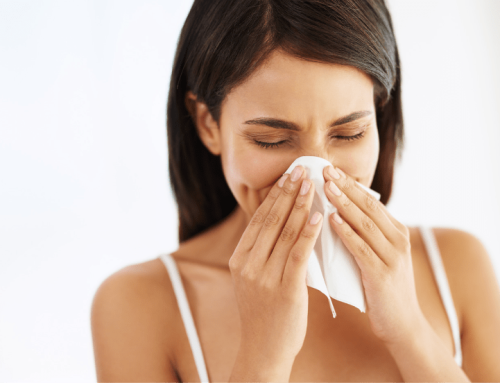Although not fully understood, psoriasis is caused by the overproduction of cells in the outer layer of the skin. The immune system goes into overdrive and instead of new skin cells being produced every 28 to 30 days, people with psoriasis grow new skin cells every 3 to 4 days. In fact, this rapid rate of skin cell production accelerates the rate of wound healing even in areas of the skin where there is no psoriasis.
Psoriasis is not contagious and is characterised by raised areas of abnormal dry, itchy, and scaly skin as the overproduction of skin cells piles up. Although it primarily affects the skin and nails, the resulting chronic inflammation in the body can cause a type of arthritis called psoriatic arthritis.
Western medicine has no cure for psoriasis but offers symptomatic treatment often fraught with unpleasant side effects. Studies show that some of the common medications to treat psoriasis are only slightly more effective than a placebo (fake drug) and often the symptoms return soon after discontinuation of the drugs.
Traditional Chinese Medicine (which often includes the simultaneous use of herbal medicine and acupuncture) has been used for the treatment of psoriasis for over 1,000 years. In fact, 400 years ago, Chinese Herbal Dermatology identified and catalogue over 200 skin conditions.
Studies show Chinese Herbs have an antiproliferative effect on the growth of skin cells. In other words, the herbs slow down the rate of growth of new skin cells to prevent them from “piling up” and creating elevated and inflamed skin patches.
The herbs also have anti-allergy, antifungal, and natural antibiotic properties that can reduce itching and secondary infections.
A study of Chinese Herbal Medicine (CHN) based on 11 high-quality trials (1,215 patients) concluded that CHM was safe and effective for the treatment of psoriasis and has a great positive impact on the quality-of-life index.
Have a chat to us today about our approach to integrative medicine, and how we may be able to help you.






